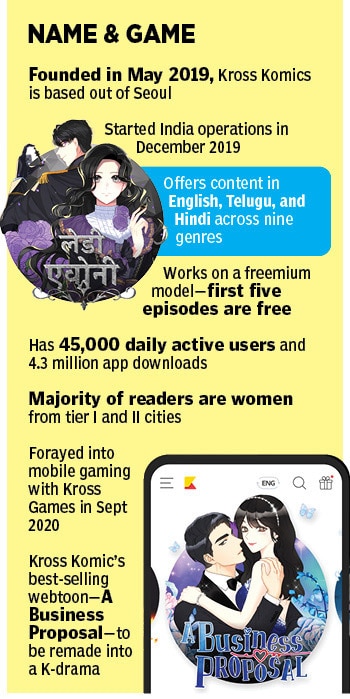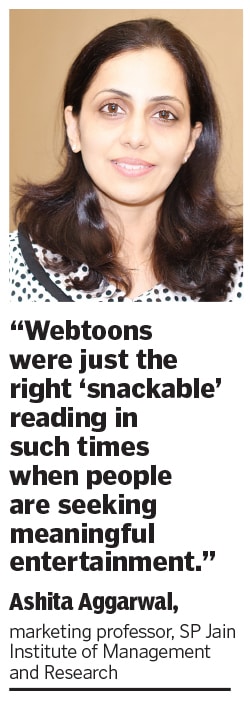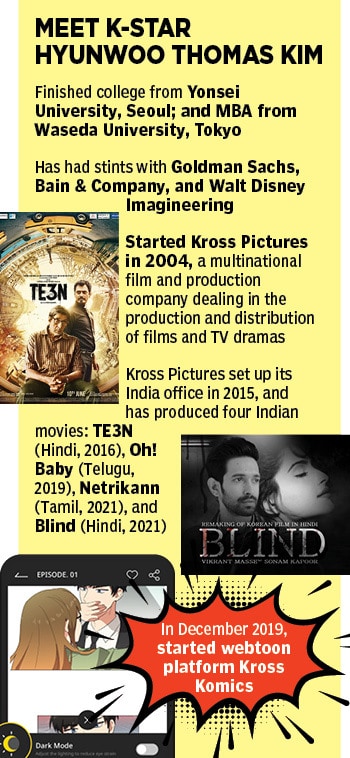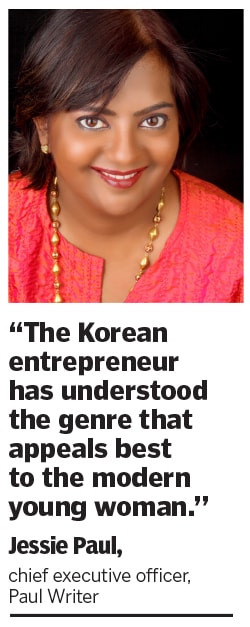
Once upon a time in Korea...
How Kross Komics is wooing Indians with gripping Korean stories narrated in the webtoon format—and filling a gap for content for young women
 Hyunwoo Thomas Kim, co-founder and president, Kross Komics
Hyunwoo Thomas Kim, co-founder and president, Kross Komics
Shalini Mishra starts narrating her favourite story on a Zoom video call from Kanpur, Uttar Pradesh. A business proposal, a blind date and then… that’s how the Korean romantic comedy webtoon—A Business Proposal—starts, in an office setting. “Shin Ha Ri is neck-deep in debt,” says the 19-year-old, alluding to the protagonist. Reading the gripping story on the Kross Komics app installed on her smartphone, the young Hindi undergrad student reveals more about the plot. “Karz main hai, aur dil bhi toota hai bechari ka (To add to her woes, the young employee is heartbroken over her seven-year-long crush),” she adds.
Enters Kang Tae Mu, a third-generation business conglomerate, who is hell-bent on marrying the next girl he meets to keep his grandfather happy. Meanwhile, Ha Ri gets a business proposal: Go on a blind date, and get rejected to earn a few extra bucks. “Taiyaar ho gayi wo (She is game),” says Mishra, with a twinkle in her eye. Ha Ri wears a wig, puts on heavy makeup and portrays herself as a foul-mouthed diva. In a twist, the blind date—who happens to the company’s CEO—gets smitten by her.
Back in Delhi, Ritika Guha is ready to talk about a special story. She finds the name, and the plot, of the Korean digital comic quite fascinating: I Was tricked into this Fake Marriage. The fantasy plot, underlines the 15-year-old school student, begins in a royal court and revolves around Leyrin Efran, who becomes a countess overnight. But to secure her family's title and estate, she is left with only one option: To get married. “Efran decides to marry a mysterious and arrogant stranger,” stresses Guha like a professional storyteller. Everything was going according to the script, but then something happened…









